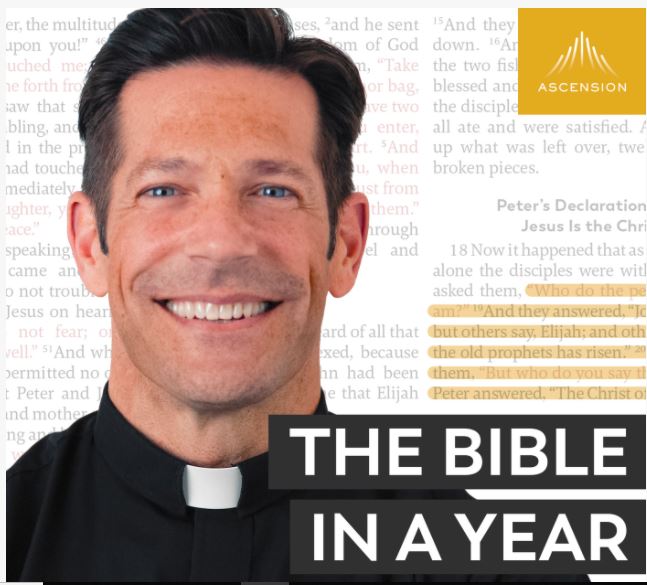
//Clergy Coaching Network//

416 N 2nd St, Albemarle NC 28001 | (704) 982-2910

//Clergy Coaching Network//

“Thus sin renders the soul miserable, weak and torpid, inconstant in doing good, cowardly in resisting temptation, slothful in the observance of God’s commandments. It deprives her of true liberty and of that sovereignty which she should never resign; it makes her a slave to the world, the flesh, and the devil; it subjects her to a harder and more wretched servitude than that of the unhappy Israelites in Egypt or Babylon. Sin so dulls and stupefies the spiritual senses of man that he is deaf to God’s voice and inspirations; blind to the dreadful calamities which threaten him; insensible to the sweet odor of virtue and the example of the saints; incapable of tasting how sweet the Lord is, or feeling the touch of His benign hand in the benefits which should be a constant incitement to his greater love. Moreover, sin destroys the peace and joy of a good conscience, takes away the soul’s fervor, and leaves her an object abominable in the eyes of God and His saints. The grace of justification delivers us from all these miseries. For God, in His infinite mercy, is not content with effacing our sins and restoring us to His favor; He delivers us from the evils sin has brought upon us, and renews the interior man in his former strength and beauty. Thus He heals our wounds, breaks our bonds, moderates the violence of our passions, restores with true liberty the supernatural beauty of the soul, reestablishes us in the peace and joy of a good conscience, reanimates our interior senses, inspires us with ardor for good and a salutary hatred of sin, makes us strong and constant in resisting evil, and thus enriches us with an abundance of good works. In fine, He so perfectly renews the inner man with all his faculties that the Apostle calls those who are thus justified new men and new creatures.”— Venerable Louis Of Grenada, p. 46
//The Catholic Company//



“For Everlasting Joy, Pray for More of the Who and not the What”
Father Peter Fitzgibbons
November 18 – 19, 2018
Leprosy, or Hansen’s disease, was a contagious and deadly disease, so the ten lepers in Luke 17: 11-19 each had a very heavy cross to bear. However, it was because of the leprosy, their crosses, that they encountered Jesus Christ. It was because of their faith in Him that they were healed and given the gift of life. It’s also why their story is still being taught today, 2,000 years later, so that we can learn from it. There’s another lesson we can learn from the lepers. Even though all ten were healed, just one came back to thank Jesus. Be sure to thank Him for your blessings!
Our crosses are His greatest gift to us, but we pray for them to be taken away instead of using them to help others. You cannot help, or even understand, combat veterans and others who have been to hell and back unless you’ve been there yourself.
Jesus did not ask the lepers if they were worthy, if they loved their dogs, or if they tithed at church. He gave them their lives back because of His great love for all of us. Christ says that greater gifts are in store for us. All of His gifts are just little hints of His love. Sometimes, He shows us greater love by not giving us what we want. You can be sure that when He says “No”, it’s for a bigger and better reason.
We pray too small….and it saddens our Lord. Often, we ask for things and not for a closer relationship with Him. Pray BIG. Pray for the “Who” and not more of the “what.” He wants to give us the gift of Himself…the greatest gift of all, and if you have Him, you have everything.
How will you apply this message to your life? Will you pray BIG by asking for a closer relationship with Him? Will you thank Him for your blessings as well as your crosses?

The Bible in a Year (with Fr. Mike Schmitz)
Day 24: Tears of Joy
Fr. Mike takes a look at the dramatic moment when Joseph makes himself known to his brothers and weeps out of joy. Today’s readings are Genesis 45-46, Job 37-38, and Proverbs 4:20-27.
Click on link: